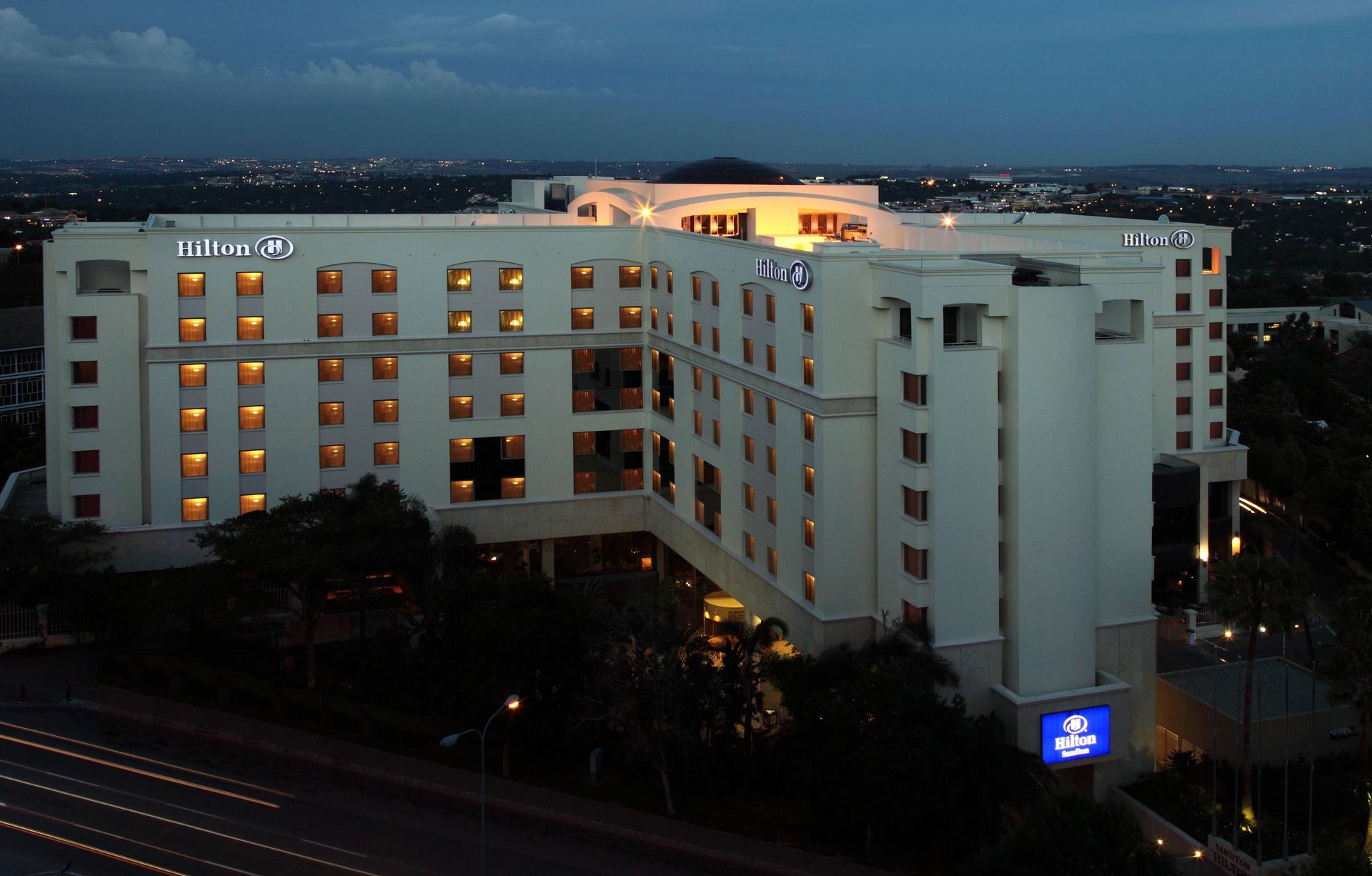Africa is in the middle of a hotel building boom that still won’t be enough for all its tourists
Despite faltering economic growth with the crash in commodity prices, the prospects for Sub-Saharan Africa’s hotel industry remain positive, with a demand growth rate of 3% to 5% in the next three years, a new report says.


Despite faltering economic growth with the crash in commodity prices, the prospects for Sub-Saharan Africa’s hotel industry remain positive, with a demand growth rate of 3% to 5% in the next three years, a new report says.
The ongoing spike in demand is due to the progression in tourism trends, demographic growth, besides a low supply in room provisions across the continent. Some $1.7 billion will be invested in hotels in Sub-Saharan Africa in 2017 and a further $1.9 billion in 2018, forecasts Jones Lang LaSalle.
As the sector matures, the number of rooms available will also grow. An additional 7,000 rooms are set to be created in 2016 alone, raising the 2015 hotel room provision to 257,000. This is, however, a meager number given the 36 million tourists who visited the region in 2014. Besides, given that most of the hotels are either in the luxury or upper scale level, operators are looking to invest in midscale hotels to attract the burgeoning domestic tourism boosted by a growing middle class. The hotel industry’s bête noire, Airbnb has already targeted the continent and was seeing fast growth in listings in nearly 20 countries last year.
Most of the swelling in hotel real estate industry in 2016 is specifically happening in East Africa, with cities like Kigali, Addis Ababa and Nairobi recording improved demand. This supply growth is specifically necessitated by the evolution of these cities as centers for leisure, not to mention the plethora of diplomatic, government and non-governmental organizations based there.
Kigali is specifically one of the top emerging hotel markets, with the Marriott International, the largest hotel company in the world, opening its first Sub-Saharan Africa branch there this week. The hotel also confirmed on Thursday (Oct. 4) that it will build five new hotels in South Africa at a cost of $218 million.
But the overall regional growth shows geographic diversity, with Côte d’Ivoire, Tanzania, and Senegal registering the most progress between 2016 and 2018. Long-term investor interest is also growing in cities like Kampala and Accra while falling in Lagos, Maputo, and Kinshasa. Lower oil and resource prices, political instability, and investors wary of reduced return are some of the factors affecting the region’s hotel industry.